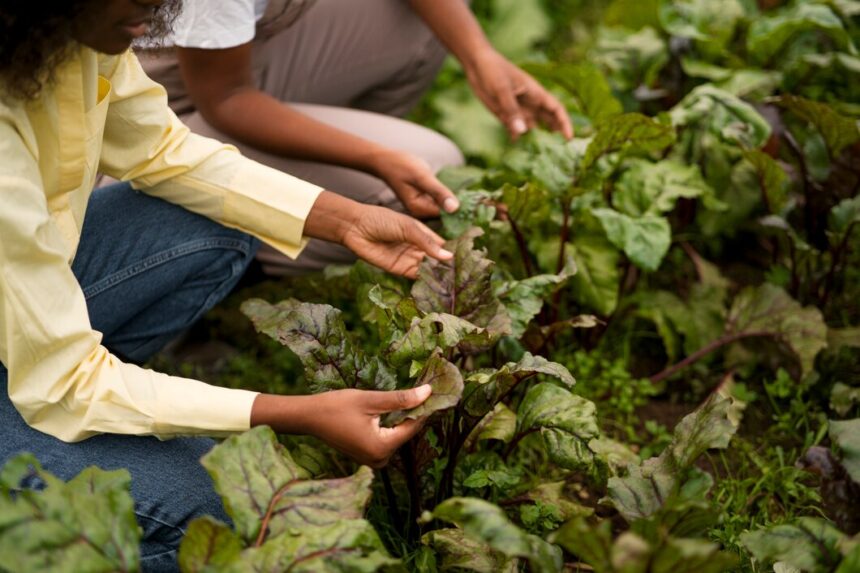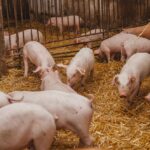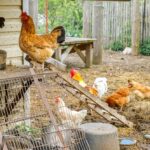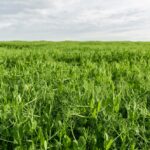Food safety is paramount in agriculture, ensuring that produce is safe for consumption and meets regulatory standards. South African farmers can adopt various techniques to enhance food safety practices across their operations. Here are ten effective techniques:
- Implement Good Agricultural Practices (GAPs): Adhere to GAP principles that include proper handling of chemicals, hygiene practices, and maintaining clean farming environments.
- Monitor Water Quality: Regularly test irrigation water sources for contaminants such as bacteria, heavy metals, and pesticides. Ensure water used for irrigation and crop spraying meets safe drinking standards.
- Use Organic and Integrated Pest Management (IPM): Minimize reliance on chemical pesticides by integrating biological controls and organic methods to manage pests and diseases effectively.
- Train Farm Workers: Educate farm workers on food safety practices, including proper handwashing, hygiene, and the safe use of pesticides to prevent contamination during harvesting and processing.
- Maintain Equipment and Storage Facilities: Regularly clean and sanitize farm equipment, storage areas, and transportation vehicles to prevent cross-contamination and maintain product integrity.
- Keep Records: Maintain detailed records of planting dates, crop treatments, and harvesting practices. This helps trace the origin of produce and ensures compliance with food safety regulations.
- Implement Crop Rotation: Rotate crops to reduce the buildup of pests and diseases in the soil, promoting healthier plants and reducing the need for chemical treatments.
- Harvest at Optimal Times: Harvest crops at optimal maturity to ensure peak quality and minimize the risk of contamination or spoilage during transportation and storage.
- Packaging and Labeling: Use clean, food-grade packaging materials that protect produce from physical damage and contamination. Label products accurately with information on origin, handling instructions, and expiration dates.
- Engage in Certification Programs: Participate in food safety certification programs such as GlobalG.A.P. (Good Agricultural Practice) or HACCP (Hazard Analysis and Critical Control Points) to demonstrate adherence to international standards and gain consumer trust.
By implementing these techniques, South African farmers can significantly enhance food safety throughout their farming practices. Ensuring safe and high-quality produce not only protects consumer health but also strengthens market competitiveness and sustainability in agriculture. Continuous education, monitoring, and compliance with standards are key to achieving and maintaining optimal food safety in farming operations.
Join 'Farmers Mag' WhatsApp Channel
Get the latest Farming news and tips delivered straight to your WhatsApp
CLICK HERE TO JOIN






